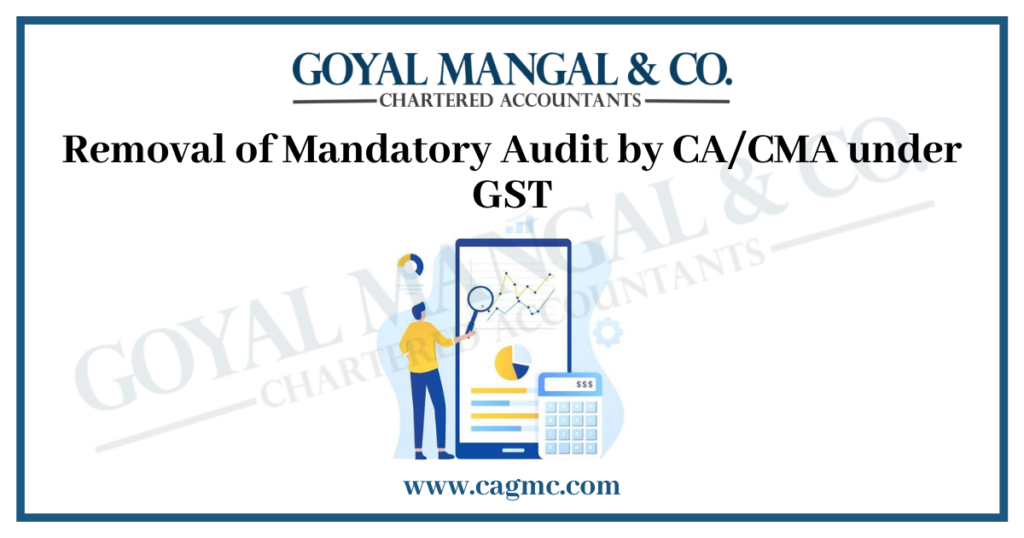 In this article, we look at the SEBI’s new norms for related party transactions (“RPT”) regime for listed entities. On November 9, 2021, SEBI issued the SEBI (Listing Obligations and Disclosure Requirements) (Sixth Amendment) Regulations 2021 (the “Amendment Regulations”), which made several substantive changes to the corporate governance regime relating to the publication and approval of RPT for listed entities. SEBI has also issued a circular dated November 22, 2021 (the “Circular”) prescribing the information to be submitted to the Audit Committee and shareholders for approval of the RPT.
In this article, we look at the SEBI’s new norms for related party transactions (“RPT”) regime for listed entities. On November 9, 2021, SEBI issued the SEBI (Listing Obligations and Disclosure Requirements) (Sixth Amendment) Regulations 2021 (the “Amendment Regulations”), which made several substantive changes to the corporate governance regime relating to the publication and approval of RPT for listed entities. SEBI has also issued a circular dated November 22, 2021 (the “Circular”) prescribing the information to be submitted to the Audit Committee and shareholders for approval of the RPT.
The Basis of Related Party Transactions
A “Related Party Transaction” is a transaction or agreement between two parties that have previously worked together professionally or have a common interest. Companies usually want to conduct business with people they know or with whom they have mutual interests. Despite the fact that Related Party Transactions are legal in and of themselves, they might create conflicts of interest or result in other illegal conditions. The public company is required to disclose these transactions.
A Related Party Transaction is an agreement between two parties that have a known trade relationship. Because certain Related Party Transactions, but not all of them, have an inherent potential for conflicts of interest, regulatory agencies carefully examine them. If Related Party Transaction Abuse is not managed, it might lead to fraud and complete financial ruin for all parties involved.
Related Party Transactions under SEBI LODR
More than only transactions between listed businesses, their subsidiaries, and their connected parties are now included by the phrase “Related Party.” This suggests that a listed business must adhere to the approval and disclosure obligations even if it is not a party to a subsidiary’s Related Party Transactions.
The phrase now refers to certain types of unconnected transactions that benefit a related party of the listed companies or any of its subsidiaries as Related Party Transactions as of April 1, 2023. According to Regulation 2(1)(zc) of the updated SEBI LODR, a related party transaction is any transfer of assets, liabilities, or services between a listed entity and a related party, whether or not a price is imposed.
The notion of related party transactions is elevated under the amended SEBI LODR over the definition under the Companies Act, 2013 by the inclusion of transactions that directly or indirectly benefit a listed entity. This idea may be developed in opposition to the use of intricate contracts to transfer funds from listed businesses to entities that appear unrelated but are actually intended to benefit the listed entity or its affiliated parties. Transactions carried out in the ordinary course of business at arm’s length and subject to the limitations of the Companies Act, 2013, would now be reviewed because the new SEBI LODR does not provide such an exemption.
Significance of Related Party Transactions
Previously, a transaction was deemed significant if it represented more than 10% of the listed entity’s annual consolidated turnover as reported in its most recent audited financial statement during the fiscal year. The entire value of all transactions concluded during a fiscal year, whether performed individually or collectively, would only be considered substantial under the revised definition if it surpassed INR 1,000 crores or 10% of the listed entity’s annual consolidated revenues, whichever was lower. With this financial barrier, high-value commercial transactions that could otherwise be below the 10% threshold will be covered.
SEBI’s new norms for Related Party Transactions
The following are the SEBI’s new norms for Related Party Transactions:
- Amendment to the definition of Related Party: Earlier, the Securities and Exchange Board of India (Listing Obligations and Disclosure Requirements) Regulations, 2015 (the “LODR Regulations”) prescribed that an issuer or a group of issuers would be considered a related party only if such entity holds more than 20% stake in the company, said subject. This position is to change with these amendments. With effect from April 1, 2022, any natural or legal person who is part of the founder or group of founders of the said entity, regardless of the holding of shares, is considered a related party.
Further, a related party would be any person or entity that owned more than 20% of the shares of a listed entity in the preceding financial year, either directly or by virtue of a beneficial interest as per Section 89 of the Companies Act, 2013. w.e.f. 1 April 2022. The threshold is to be reduced to 10% w.e.f. April 1, 2023.
- Amendment to the definition of Related Party Transactions: The amendment significantly expanded the scope of the RPT. While earlier RPT meant a transaction between only a listed entity and its related party, the scope has now been widened to include transactions between a listed entity or its subsidiaries on the one hand and a related party of a listed company or its subsidiaries on the other. They therefore now cover transactions between a listed company and its subsidiary’s RPT as well as transactions between a listed company’s subsidiary and a listed company’s related party.
With effect from April 1, 2023, the RPT will also include transactions of a listed entity or its subsidiary with any other party, the purpose, and effect of which is to benefit a related party of the listed entity or its subsidiary. With this change, transactions that are not prima facie made with a related party of an entity will continue to require disclosure and approval if the transaction benefits a related party of a listed entity.
- Transactions not considered to be Related Party Transactions: According to these amendments, some transactions were excluded from the scope of the RPT. The proviso to the definition of RPT provides that a transaction of the issue of specific securities on a preferential basis, under the SEBI (Issue of Capital and Disclosure Requirements) Regulations, 2018, uniform offers to all shareholders of dividends, division or consolidation of securities, rights issue or bonus issue, or reverse repurchase of shares, is not considered an RPT. Acceptance of deposits by banks and non-banking financial companies has also been clarified not to be RPT, subject to certain conditions.
- Material-Related Party Transaction: The scope of the material RPT was also modified by the amendment order. Previously, transactions exceeding 10 percent of a listed company’s consolidated annual turnover were considered significant. Transactions in excess of INR 1,000 crore will be considered material-related party transactions under the amending regulations.
Increased scope of Audit Committee Approval
The Audit Committee now has an additional obligation to define a “material change” and disclose it as part of the materiality principle of the RPT. Further, the audit committee is required to approve the RPT where it is a subsidiary and not a listed company. It also requires the approval of the Audit Committee if the value of the transaction or multiple transactions taken together for the financial year exceeds 10% of the annual consolidated turnover as per the latest audited financial statements of the listed company. From April 1, 2023, this limit will change to 10% of the stand-alone turnover of the listed company.
The only exception to approval is where a transaction takes place between a listed subsidiary and RPT or between two subsidiaries of listed companies whose books are consolidated or whose accounts are consolidated with the such holding company and submitted to shareholders at a general meeting for approval.
Related Party Disclosures before Amendment
The following are the criteria before Amendment:
- Being a Related Party:
- A promoter or promoter group’s individual or entity AND
- Holding 20% or more of the shares in the listed entity Both conditions must be met.
- “Related Party Transaction” traditionally meant the transfer of resources, services, or responsibilities between a listed entity and a related party, whether in a single transaction or a group, where the price charged was not the most important factor.
- The following are not considered Related Party Transactions:
- If the units are issued by mutual funds that are publicly traded on a recognized stock market.
- Any transaction entered, either individually or in conjunction with earlier transactions within a fiscal year, that exceeds 10% of the listed entity’s yearly consolidated turnover as per the listed entity’s most recent audited financial statements is considered substantial.
Problems that Listed Entities Face
Listed entities may soon face a number of practical challenges related to strict scrutiny due to the correlation between company size in terms of turnover and the number of approvals required from shareholders and the Audit Committee. This could lead to increased costs and a significantly higher compliance burden.
In addition to its already comprehensive list of duties, the Audit Committee is now expected to define “Material Modification” (a phrase that is not defined in the updated regulation) and assess Related Party Transactions even when the party is not a listed company but a subsidiary.
Although SEBI has ruled that any transactions with third parties that intend to benefit a related party or that have that effect are Related Party Transactions, there isn’t a clear definition of what this test of the purpose of benefit would entail. It will be challenging to ascertain the goal and effect of any such transaction that might profit a related party of the listed company or any of its subsidiaries.
Conclusion
Once the changes to the regulations are introduced, all transactions of listed companies and their subsidiaries will be scrutinized. Listed companies, along with their subsidiaries, must further be agile in dealing with parties that may be related to either company. While the amendments are seen as a positive step towards minority rights and good corporate governance, they have significantly increased compliance by listed companies and their subsidiaries, and their audit committees.


